
The political situation in Ukraine dramatically shifted this weekend, with President Viktor Yanukovych leaving Kiev and subsequently being removed from power and targeted with an arrest warrant. The NYT reports that Yanukovych has lost popular support in even Ukraine’s southern and eastern regions, in contrast to a report from the previous day. These regional splits are the subject of considerable discussion.
In a Saturday piece, Julia Ioffe examines the moving pieces in the conflict’s next steps — the country’s now-famous geographic divide, the status of ethnic Russian-dominated Crimea, various actors within and outside of Ukraine, unrealistic expectations about EU ascension, and demobilization. On Twitter Andrew Exum comments that “the smart ‘Demobilization’ point @juliaioffe makes here will ring true to those who study post-conflict environments.” It is perhaps worth noting that in a recent — some would say apologist — piece highly critical of Western reporting on Russia Stephen F. Cohen criticized Ioffe’s coverage of the country.
Over the weekend English-language media coverage shifted to the Crimea — ‘is the battle about to begin?,’ in a Washington Post headline — amid fears of Russian irredentism. In a widely-noted piece the Financial Times quotes a senior Russian official as claiming “if Ukraine breaks apart, it will trigger a war … They will lose Crimea first [because] we will go in and protect [it], just as we did in Georgia” (via Miriam Elder). It is important to bear in mind that this is a single quote, from an official who likely has an incentive to inflate perceptions of Russia’s leverage, and the Crimea is very different than South Ossetia.
A Thursday report by the New York Times sheds light on protesters’ decision to commit to violence: “What have humanism and pacifism ever brought to any nation?” (Via Joshua Kucera.)
Violent protests in Venezuela continue, with at least a dozen dead. Here is a good resource guide covering ongoing developments. The conflict took a turn towards the surreal Saturday, with Venezuelan President Nicolás Maduro brandishing the sword of national hero Simón Bolívar during a rally (via Jim Roberts and Peter J. Munson).
In a pro-Chavista piece, George Ciccariello-Maher reasonably notes the class divides underlying the demonstrations and writes that ” these protests have far more to do with returning economic and political elites to power than with their downfall.” Other reports highlight Venezuela’s poor joining protests, driven by the perception that the country’s economy is falling apart, criminal violence, and perhaps Maduro’s charisma-deficit compared to Hugo Chávez.
The protests originally exhibited disagreement within the opposition over tactics — with former presidential candidate Henrique Capriles initially hanging back from overt involvement — but the opposition appears to be now coalescing.
The Maduro government works to restrict coverage of the protests on traditional and social media, reportedly briefly shutting down internet service in an opposition-leaning city. In the battle of images faked photos of alleged brutality by security forces have been circulating on social media.
Emiliana Duarte sheds light on the college-town sexual assault that precipitated student protests.
Elsewhere, Elisabeth Wood asks whether rape is inevitable in war. The answer appears to be no. (Via Jason Lyall.)
Jihadist groups in Syria target children as young as four years old for indoctrination aimed at creating a new generation of fighters, paralleling previous reports of child abuse in the country (via Small Wars Journal).
Nigeria’s war against Boko Haram: if this is winning, what does losing look like? (Via SAIS African Studies.)
The debate over US drones strikes has stalled, Sarah Knuckey writes.

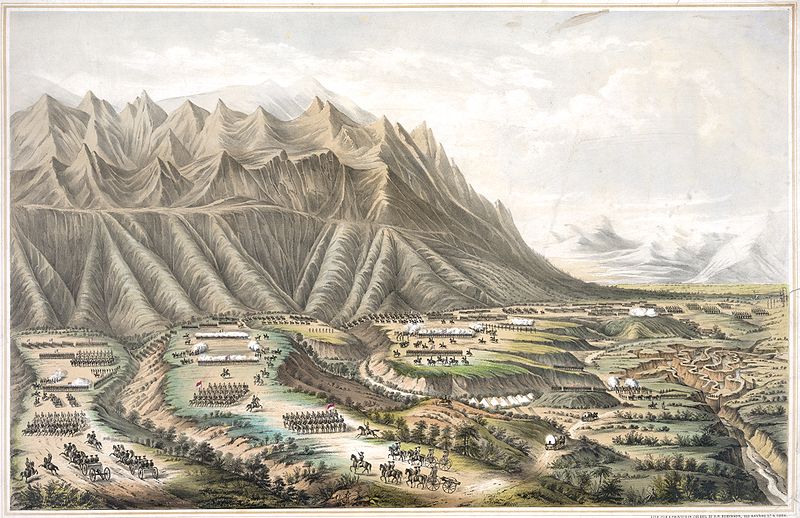

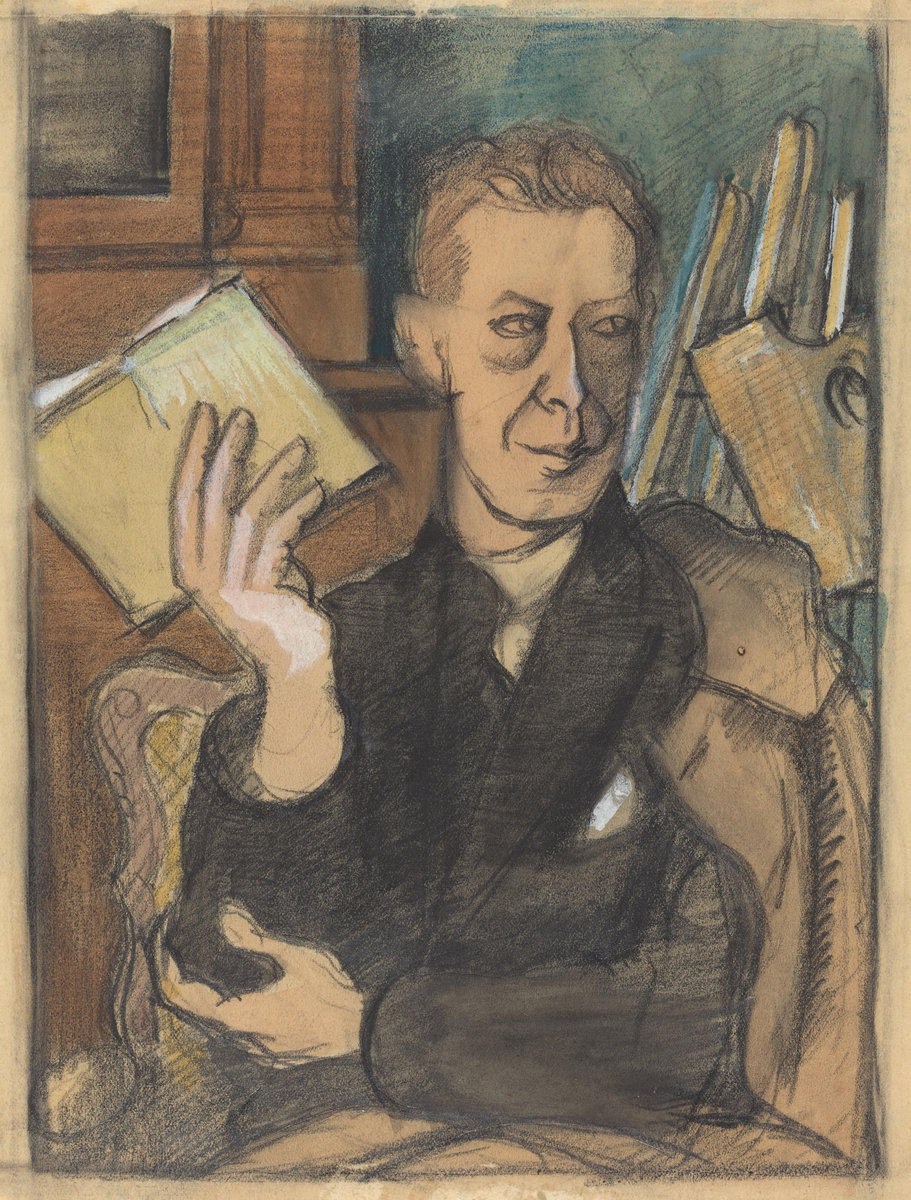
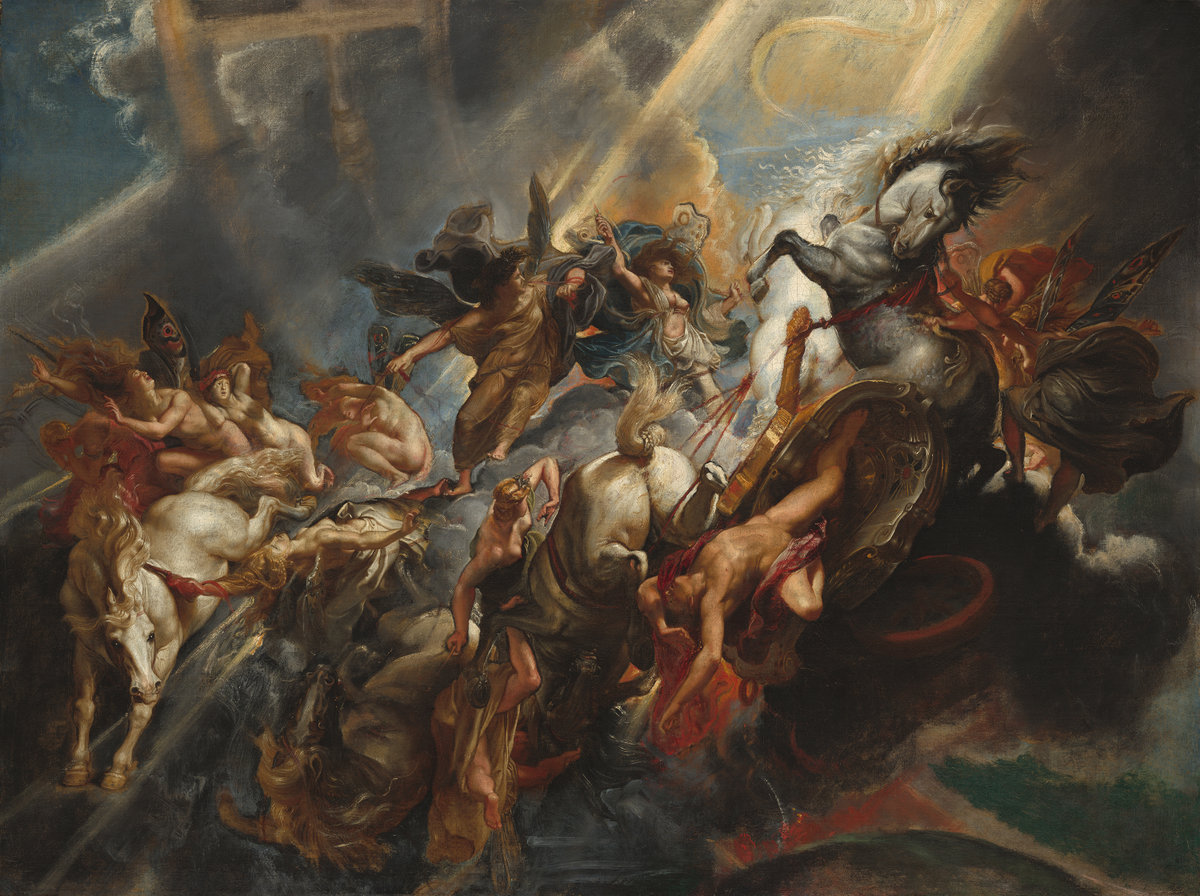
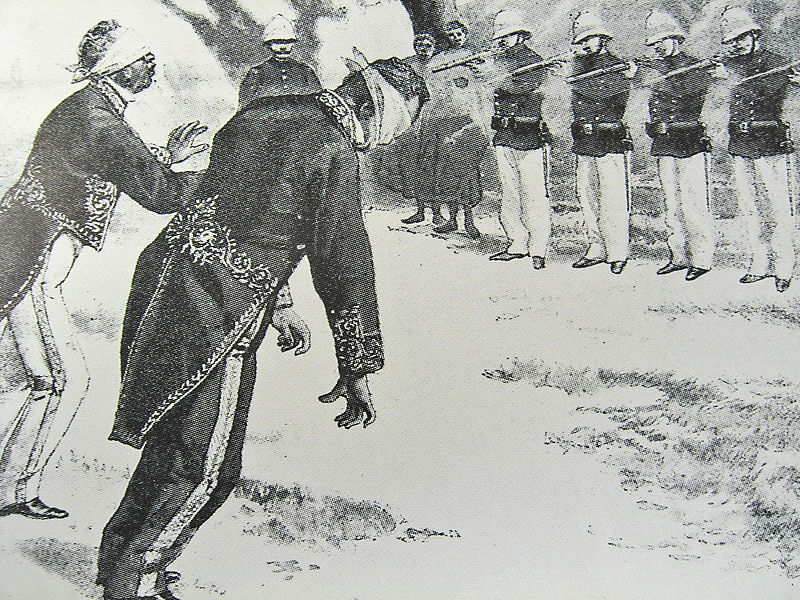
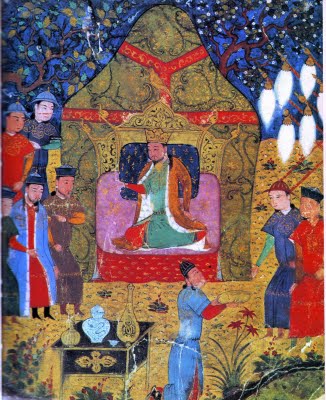
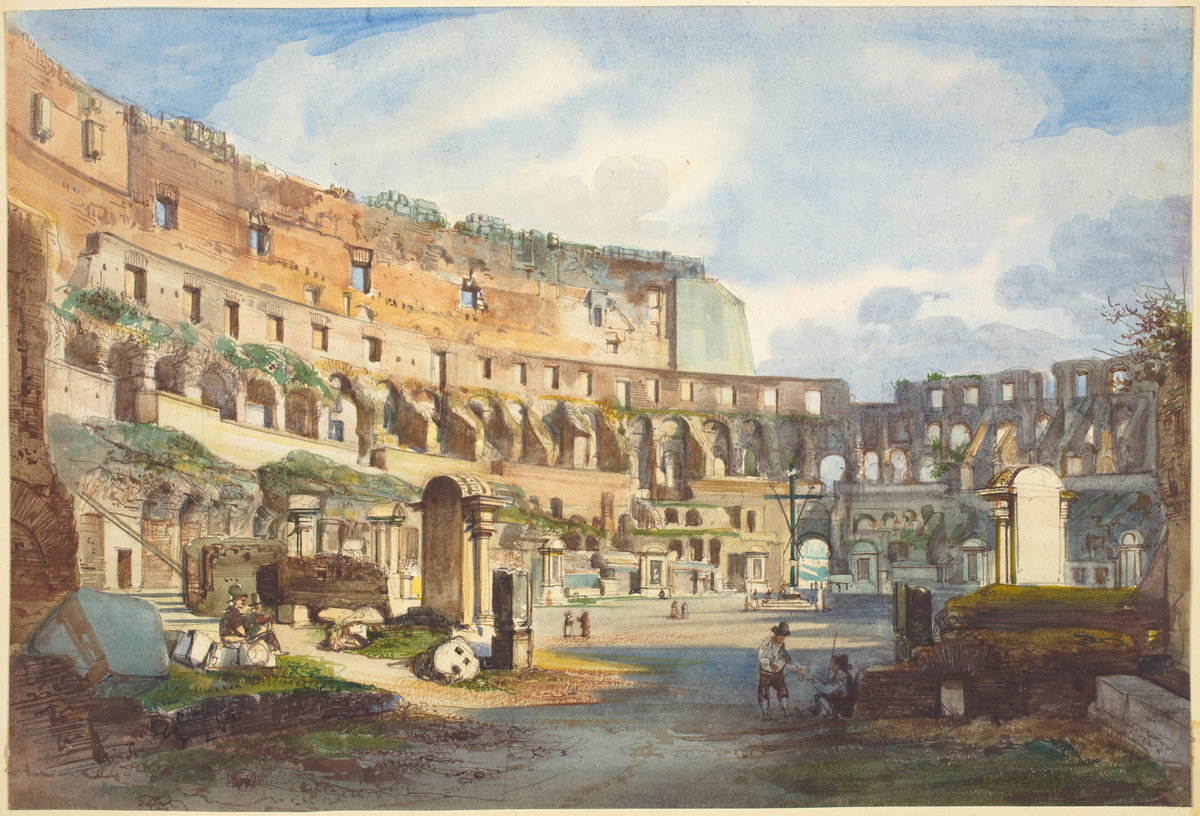
3 comments